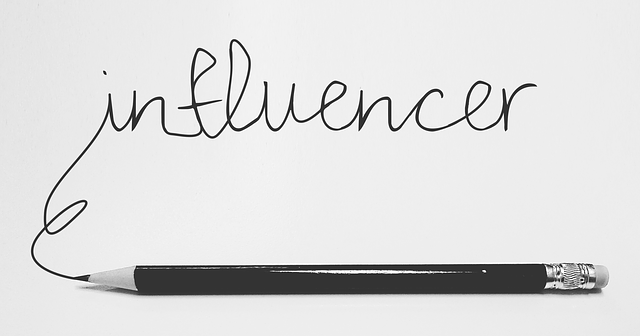Influencers’ activity and competition law
More and more entrepreneurs decide to promote their products or services using the so-called influencers. Both entrepreneurs and influencers very often are not conscious that their activities are evaluated in the light of provisions concerning combating unfair competition, particularly those referring to the advertisements.
Who are influencers?
Influencers (noun derives from English verb “to influence”) are people, who, because of their position and constant presence in social media that allows them to have an impact on the receivers, are engaged by companies for advertising purposes (a.k.a. marketing influencer). To promote certain brands influencers make use of confidence, which they enjoy in particular society. The biggest number of influencers can be found on big portals like Facebook, YouTube or Instagram.
Legal frameworks of influencers marketing
In principle cooperation between entrepreneurs and influencers is permitted, what means that advertisements through the agency of people running blogs, vlogs and other profiles on social media are allowable.
There is a lack of specific legal regulations concerning this sort of advertisement, therefore provisions concerning combating unfair competition appropriate for all other industries are applicable.
By the example of Germany where special guides for influencers and entrepreneurs who make use of influencers’ services are being created, we are going to present the most important rules that should be obeyed in this kind of advertisement.
First of all, each message that promotes commodities or services should be marked as advertisement. Otherwise such a advertisement should be found as illicit, hidden advertising (crypto-advertising). In German law (§§ 3, 5a para. 6 German Unfair Competition Suppression Act) advertisement which has not been properly marked is treated as anti-competitive practice.
Prohibition of crypto-advertising predominantly aims at protection of customers, who in case of consciousness that they are looking at an advertisement, are becoming more careful and more skeptical than in the event of apparently objective opinions of other people. Furthermore, prohibition of crypto-advertising serves also as a support of fair competition towards entities who openly mark their advertising content.
Posts and presentations that are subjected to the marking’s obligation
It is not always possible to determine in advance what kind of post or other forms of content’s presentation obligatorily has to be marked as advertisement. In any case it should be assessed which aim they serve. However, it is assumed that in order to avoid a charge of engaging in unfair trade practices following sort of posts should be properly marked as:
- posts about products, services, trademarks, enterprises, regions, events and travels, which are published in exchange for remuneration,
- posts about products, services, trademarks, enterprises, regions, events and travels, which were offered to influencer for free, and publication of which is associated with contract or condition,
- advertising links/tags concerning owners of trademarks,
- discount codes.
Marking as advertisement
Marking must be presented in such a way that ordinary receiver does not have doubts that he is looking at an advertisement. Therefore marking must be clearly and precisely phrased and placed in proper place.
- How?
When it comes to a choice of vocabulary that is used in advertisement’s marking, clear and readable marking like “advertisement” or “announcement” should be used. It has not been yet unambiguously decided, whether the usage of English-language terms like “ad” or “sponsored” is sufficient. Therefore it is recommended to use phrases in official language of the specified area.
- Where?
Advertisement’s marking should be located at the beginning of post. Before reading/seeing an post user should also know that it is an advertising message. If such marking is located only at the end, e.g. in the form of hashtag #advertisement user finds out about the character of the message too late.
Consequences of violations
Influencers who violate the rules of fair competition can be obliged to cease violations and to remove the effects of violations, e.g. by removing certain posts. In Germany in such cases there are issued the so-called temporary orders for violation of which a person can be subjected to high pecuniary penalty (even up to 250.000 EUR). Moreover, competition can raise a claim to redress the damage.
Claims can be also directed against the entrepreneur whose commodities or services are advertised. Therefore the issue of proper marking of advertisements should be established with influencers through contracts and should be controlled by entrepreneur.
Sources
More information and tips for influencers and entrepreneurs who use their services can be found in the following publications available in German:
- Christina Kiel und Peter Solf: Leitfaden zur Kennzeichnung von Werbung auf Instagram (Stand Januar 2019), Wettbewerbszentrale, www.wettbewerbszentrale.de
- Landesmedienanstalten: Leitfaden zur Werbekennzeichnung von Social-Media Angeboten (Stand November 2018), www.die-medienanstalten.de
